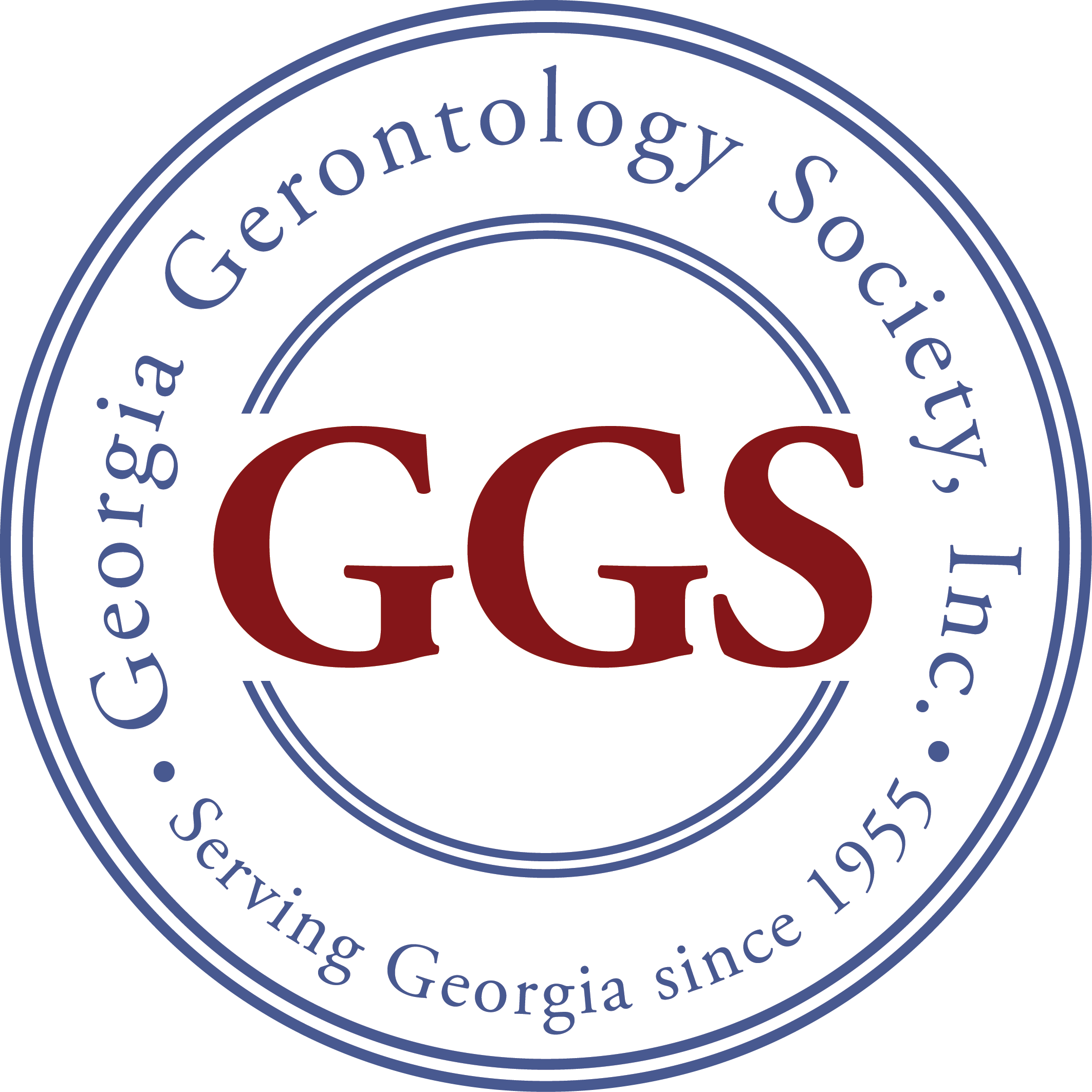2021 ANNUAL CONFERENCE
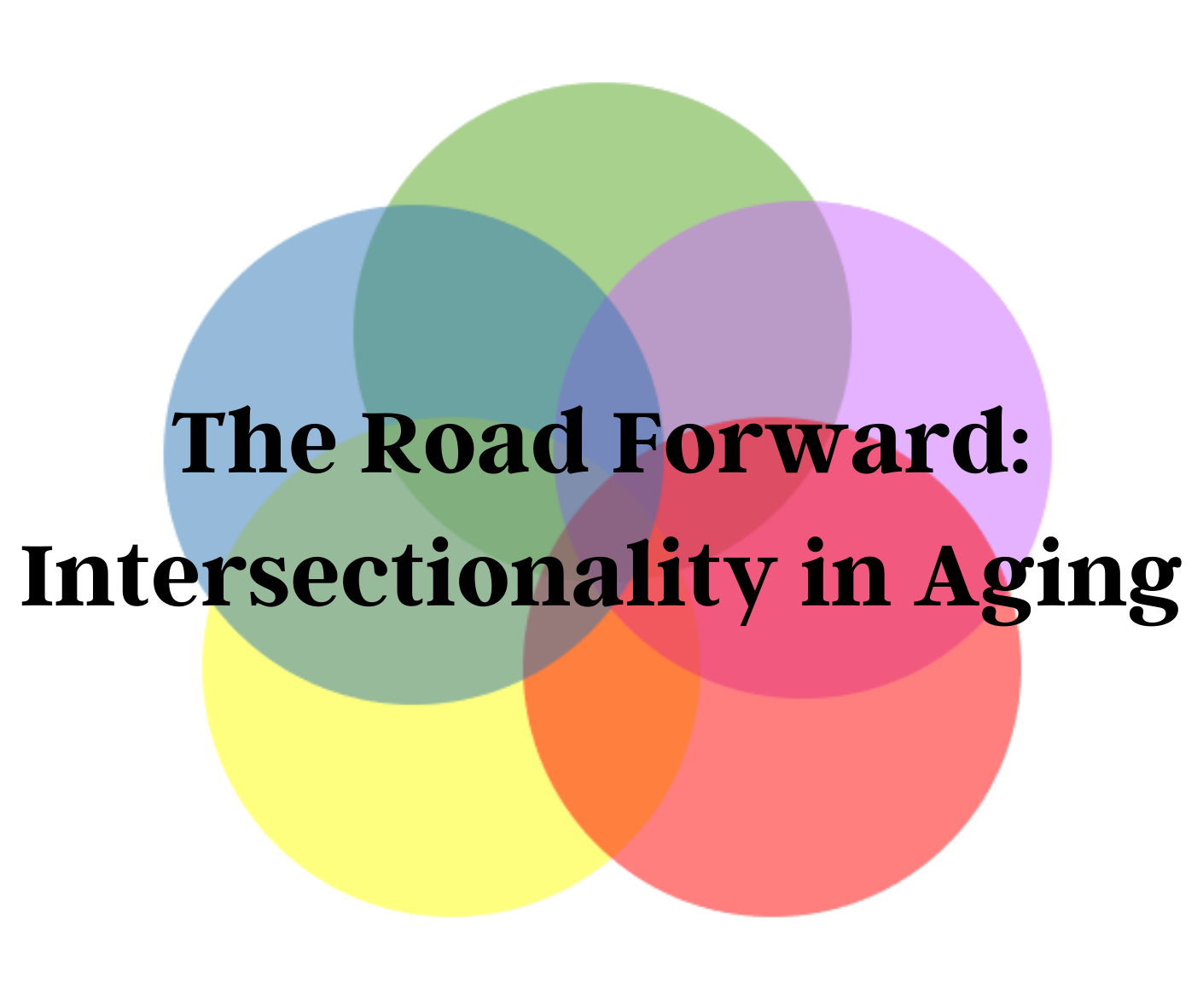
66th Annual GGS Conference
August 9-11, 2021
Lanier Islands Legacy Lodge
In-Person & Virtual
Attendees had the opportunity to attend in-person or virtually. We worked hard to ensure they had an engaging and enriching experience regardless of how they chose to attend.
The theme for the 66th Annual GGS Conference was The Road Forward: Intersectionality in Aging. Intersectionality is a lens through which “categories of race, class, gender, sexuality, nationality, ability, ethnicity, and age – among others – [are viewed] as interrelated. Intersectionality is a way of understanding and explaining complexity in the world, in people, and in human experiences.”[1]
Together we examined how intersecting identities influence strengths and barriers that older adults experience and discussed ways to honor lived experience by acknowledging diversity. Our three-day conference provided attendees with the opportunity to hear about new and innovative practices, develop new collaborative partnerships, network with colleagues from across Georgia, and leave inspired and informed to improve the lives of older adults from all backgrounds.
Please watch the video to learn more about our conference theme.
Agenda & Conference Themes
Explore our GGS Conference Agenda Here
Organizational Excellence
This track focused on best practices to strengthen business operations and build professional capacity. Topics included workforce development, grant writing/fundraising, recruitment and retention, leadership development, strategic planning, marketing, volunteer management, program evaluation, compliance and accountability, quality improvement programs, etc.
Medical/Mental Health
This track focused on tools and resources for those who serve older adults in an outpatient or long-term care setting. Innovations in treating specific diseases, drug management, community resources for patients, and partnership opportunities for medical practices were presentation topics. In addition, this track highlighted the challenges, resources, and innovative practices addressing the mental health needs of older adults. Special consideration was given to proposals addressing the opioid crisis in the older adult population.
Living with Dementia
This track focused on empowering people living with dementia and their care partners to live more fully. Topics included person-centered care, addressing the stigma of dementia, resources for people living with dementia, best practices for professionals to better serve people living with dementia, etc. Special consideration was given to proposals that included an individual living with dementia as a presenter.
Advocacy and Ageism
This track focused on approaches, innovations, and opportunities to combat ageism and advance advocacy. Fighting ageism is necessary to truly advance the causes that are important to older adults. Topics included learning new approaches to advocacy, the power of grassroots advocacy, strategies for addressing ageism, etc.
Well-Being & Meaningful Engagement
This track focused on best practices and programs being implemented to improve well-being and quality of life of older adults and caregivers/care partners. All aspects of well-being were considered with particular emphasis on the importance of meaningful engagement. Topics included physical, spiritual, and emotional health, nutrition, and evidence-based prevention, etc.
Thank you to Our Sponsors and Exhibitors
The Georgia Gerontology Society would like to thank you for making this years’ annual meeting possible through your participation and generosity.


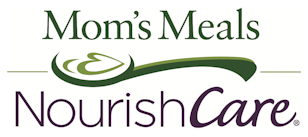
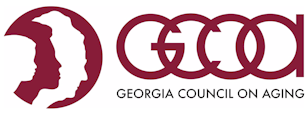
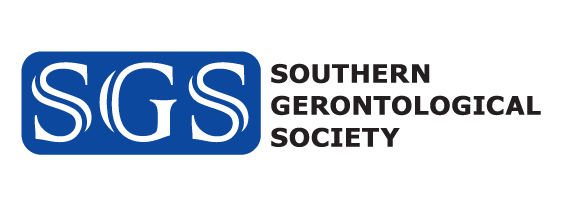
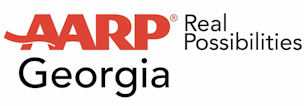
Georgia Center of the Deaf & Hard of Hearing
Georga Relay
Affordable Medicare Solutions
Acumen, LLC
Home Care Assistance
The Mansions at Sandy Springs
The Mansions at Gwinnett Park
Three Rivers Regional Commission
[1] Collins, P. H., & Bilge, S. (2020). Intersectionality. John Wiley & Sons
